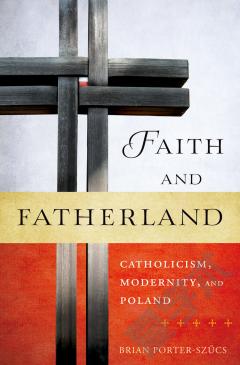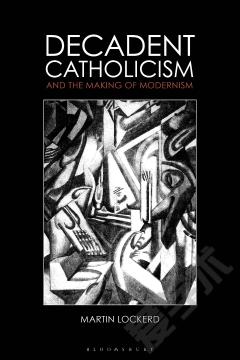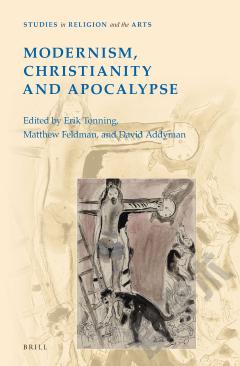Faith and Fatherland —— Catholicism, Modernity, and Poland
----- 信念和祖国:天主教,现代性和波兰
(ProQuest: ... denotes non-US-ASCII text omitted.)After decades of neglect, at least outside Poland, Poland and its history are becoming an exciting field of study, resulting in impressively sophisticated works that not only help better understand Polish and east European history, but also help nuance our understanding of European cultural, political, and religious history. Brian Porter-Szucs's new book, Faith and Fatherland , is a prime example of this new and stimulating trend.Given the central role the Catholic Church has played in the history of Poland and the recent scholarly embrace of religion as a category of historical analysis, it is no surprise that many recent works on Poland focus on Catholicism and its role in Polish history and culture. Brian Porter-Szucs's meticulously researched book provides an impressively textured analysis of modern Polish Catholicism, and, more broadly, of the role of religion in fashioning modern national identities. For those interested in the history of religion in the modern world, and in particular in the history of the modern Catholicism, this book will be indispensible.As recent coverage of Polish membership in the European Union suggest, Poland has been commonly considered a quintessentially Catholic nation. Any Polish history textbook begins with acceptance of western Christianity by Mieszko I, the first ruler of Poland, in 966. The pre-Christian period is relegated to "pre-history." In his book, Brian Porter-Szucs methodically peels away some of these commonly accepted myths, and explains how they came about and how they became so readily accepted.That connection between Polish national identity and the Catholic Church was not always as strong as the identification of Polishness with Catholicism may imply. To be sure the Catholic Church and Catholicism played an important role in Polish history and culture, but it was only very recently that it became tightly intertwined with Polish national identity and that fusion between Polishness and Catholicism did not come naturally. For centuries, the Catholic Church was pragmatic about its own interests and, seeing itself as the universal One Church, was wary of any particularisms, such as modern nationalism, that could fracture the unity of the Church.Through a meticulously researched discussion of different theological positions within the Catholic Church and the official acceptance or disavowal of them, Porter-Szucs reveals the tension the Church experienced between two concepts of the Church, one as a universal in its "Mystical Body of Christ" including both the clergy and the laity, and the other as an institution of the clergy, a Church that--in the words of one priest-- "receives full authority not from humans, but from Christ himself." Thus, its teachings and precepts did not "depend upon their acceptance by the faithful" (49). Brian Porter-Szucs masterfully demonstrates that modern Poland became a battleground as broader debates over Catholic ecclesiology rage, with the Church struggling to remain relevant in modern times, while it claimed to represent the "unchanging" truth.One of the most consequential contributions of the book is its argument that the Church did not always support Polish political ambitions after Poland lost its independence at the end of the eighteenth century. Instead, the Church, pragmatically seeking to protect its interests, allied with the powers ruling over what used to be the Polish-Lithuanian Commonwealth. Opposed to Polish rebellions aiming to regain independence, the Catholic Church called for obedience to the tsar. And except for some small-scale acts of resistance, the Church tended to collaborate with various governments and regimes, be it tsarist or even, most recently, communist. â¦
{{comment.content}}








 京公网安备 11010802027623号
京公网安备 11010802027623号